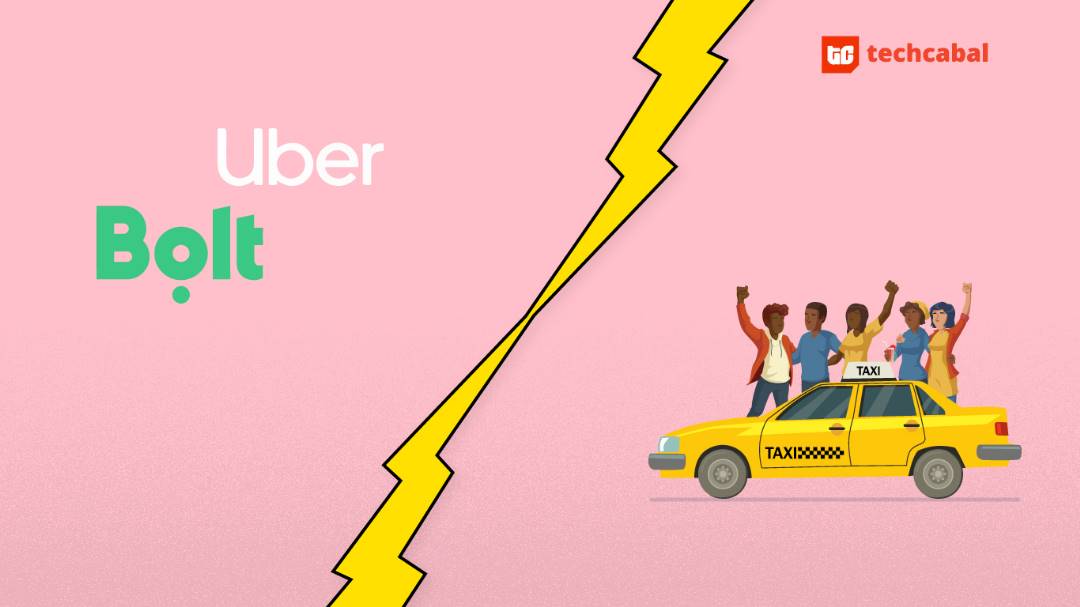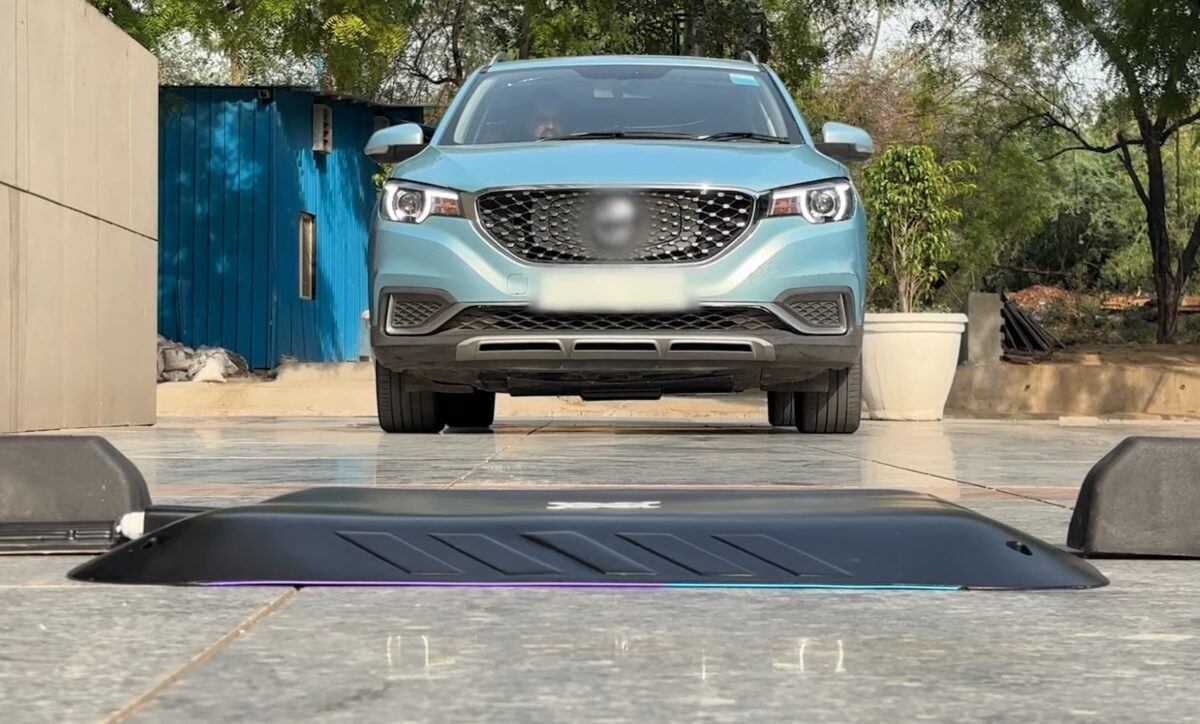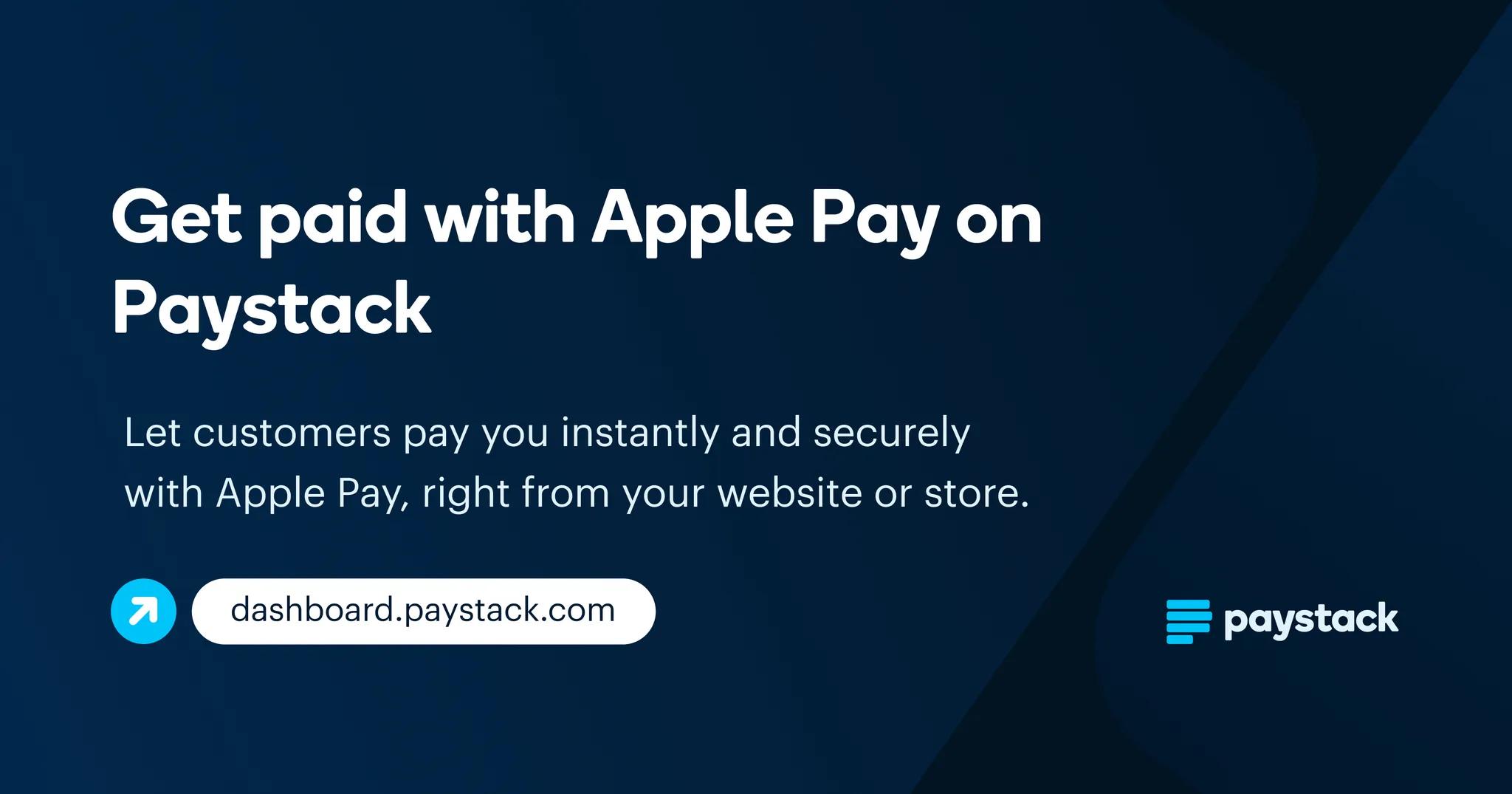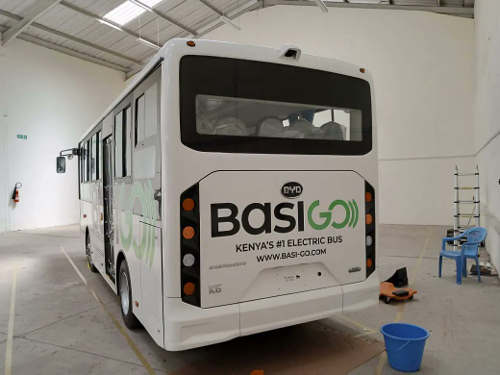- 👨🏿🚀TC Daily
- Posts
- ‘We Moove nowhere’
‘We Moove nowhere’
Inside: Megamillion, that's a mega move!


Howdy. ☀️
Tech promised us copilots, but most senior developers will tell you they’ve ended up as babysitters instead. Vibe coding saves time on the surface, but under the hood, it’s like asking a toddler to make you coffee: you’ll get some liquid in a cup, but you’ll probably need a mop too. Despite the tantrums, coders are sticking with it because in tech, every shortcut eventually becomes standard practice.
Read this brilliant article from TechCrunch and see it as your sign to try tech shortcuts (that don't break things at work) this week.
And while you're at it, tap in ⤵️ if you're eagerly awaiting another edition of our TNW: Francophone Africa newsletter dropping by 10 AM GMT today.
Let's get to the good stuff.

Internet
Starlink hits pause in Nigeria, again.

“Sold Out.” That’s the message Starlink, the Elon Musk-owned internet company, is now flashing in some of Nigeria’s busiest cities.
Here’s what happened: The satellite internet provider has stopped taking new orders in parts of Lagos and Abuja after maxing out its network capacity. For new subscribers, the only option is to join a waitlist and pay a deposit until an extra capacity becomes available.
This feels familiar. Starlink suspended new subscriptions in Kenya due to high demand, which was straining its network capacity. It was only after seven months that the company resumed taking fresh sign-ups across the country.
No, it’s not the first time Nigeria has been put on hold. In November 2024, Starlink suspended nationwide sales for nearly eight months, citing bandwidth limitations and pending regulatory approval. Orders eventually resumed in June 2025 along with the launch of a new walk-in office in Lagos. Now? Orders have been suspended again.
Why do they keep doing this? Starlink insists that these suspensions are meant to protect service quality. The internet provider doesn’t want its users to suffer from overcrowded networks. But these pauses raise doubts about whether its systems are sturdy enough to handle the crush of demand in a fast-paced market.
Zoom out: In Nigeria, the cost of Starlink subscriptions has doubled, and the number of active users fell from 65,564 in the last quarter of 2024 to 59,509 in Q1 2025. Each new suspension risks eroding users’ confidence in Starlink’s ability to provide stable, long-term service.
eCommerce Without Borders: Get Paid Faster Worldwide

Whether you sell in Lagos or Nairobi, customers want local ways to pay. Let shoppers check out in their local currency, using cards, bank transfers, or mobile money. Set up seamless payments for your global online store with Fincra today.
Ride-hailing
Moove drivers shut down operations, protest over 100% weekly remittance hike

Drivers under Moove’s vehicle financing scheme aren’t moving today.
They’ve parked their Suzuki S-Presso cars and taken to the streets in Maryland, Lagos, to protest a 100% hike in their weekly payments for the vehicles.
If you didn’t know: Moove is a Nigerian startup that finances vehicles for ride-hailing companies, mostly under UberGo. The company planned to raise $300 million in June, a move that could push its valuation to $1 billion. When drivers get cars through Moove’s hire-purchase plan, they pay weekly remittances until they own the vehicles. It usually takes four years. These weekly remittances have now doubled to ₦56,400 ($75) from ₦112,200 ($38).
The numbers sting more when peeled back. Out of the $75 weekly remittance, only 33% ($27) goes to loan repayments. The rest is padded with add-ons split across a mix of maintenance, repairs, insurance, and a steep handling fee ($28.5).
The drivers are now protesting this increase and also requesting that Uber cut its commission to 20% or lower.
Zoom out: Moove attempted to raise rates around this time last year, citing inflation and low interest rates. Back then, it was just talk. It has become a reality, hence the standoff. It is either Moove eases up on the hike or drivers learn to live with it.
Shop anywhere with Paga's physical prepaid card

Own every checkout with Paga’s Physical Prepaid Card. Suitable for all your security and speed needs. Just fund, shop, and pay anywhere with confidence. Get yours today.
Mobility
Wireless electric car chargers are coming to Africa

Megamillion, a South African energy group, plans to establish wireless charging stations for electric vehicles (EVs) across Africa. The chargers will be customised to support a wide range of vehicles, including trucks, cars, and motorcycles.
Why wireless charging stations? Wireless charging stations could help make EV adoption more convenient. One of the main barriers to EV adoption on the continent is the costly wired infrastructure needed to operate charging stations for electric vehicles.
Megamillion isn’t new to the EV space: In February, it announced the development of Africa’s first lithium-ion gigafactory in South Africa, through a joint venture (JV) with a Chinese firm. It’s a massive battery production and infrastructure play that improves Africa’s role in the EV value chain beyond being a hotbed for resource extraction.
Zoom out: Megamillion is expanding its position by rolling out wireless charging infrastructure for local charging stations used to power EVs through a partnership with Dash Dynamic, an Indian company. These charging stations will be piloted in public and private spaces like airports, shopping centres, and taxi stations in Cape Town and Johannesburg.
Accept Payments with Apple Pay on Paystack!

Anyone can get paid globally. With Paystack and Apple Pay, let customers pay you instantly and securely from 60+ countries. Get started here →
Startups
BasiGo wants to get 1,000 electric buses on Kenyan roads by 2027

BasiGo, a Nairobi-based electric mobility startup, is doubling down on its mission to lead Kenya’s clean transport future. It plans to deploy 1,000 battery-powered electric buses on Kenyan roads over the next two years.
Why does it matter? Road transport accounts for over 40% of Kenya’s energy consumption and is a major emission source. Kenya spends over $5 billion annually on fuel imports. BaisGo wants to see some of these expenses go into the electric mobility space in Kenya, but ambition may not always translate into reality.
Between the lines: Kenya still lacks a comprehensive policy framework to support the efforts of electric mobility players. Rwanda, for example, has removed import duties on electric vehicles to support widespread adoption. South Africa’s power utility company, Eskom, has also committed to providing public 55 charging stations over the next two years to support EV adoption. Improper access to charging stations and high cost barriers to electric vehicles (EVs) continue to delay adoption.
BasiGo is working on a leasing model to help buyers overcome cost and infrastructure barriers by providing operators with maintenance and charging services. It also plans to expand into Nigerian and Tanzanian markets. The future of EV adoption in Africa might rely on businesses and startups providing electric-powered commercial bus systems and motorcycles.
While Kenya’s consumers will not immediately have the luxury of buying first-hand EVs, BasiGo’s push could lay the foundation for the necessary cost incentives and infrastructure workarounds to foster real, local EV demand like in South Africa.
COOL STUFF!
We decided to be the pan-African newsletter minting cool kids off the block. 😎 On Tuesdays, we highlight some good-to-know ‘cool stuff’ to keep you sharp about tech in Africa.
Today’s pick: Can AI help your local Pepsi vendor sell better—and boost revenue at Pepsi HQ? That’s the future Lengo AI is trying to build.
Africa’s fast-growing consumer market is tough to map. Informal retailers move most of the goods, but they’re invisible to big companies. Lengo combines field agents with AI to give real-time data on inventory, pricing, and sales from small stalls. With this, big FCMG companies can finally see how their products move in markets like Nigeria and Senegal, warts and all, replacing guesswork with data that drives real decisions.
CRYPTO TRACKER
The World Wide Web3
Source:

Coin Name | Current Value | Day | Month |
|---|---|---|---|
| $115,207 | - 0.58% | - 2.03% | |
| $4,514 | - 3.13% | + 0.86% | |
| $1.12 | + 8.00% | + 278.42% | |
| $234.32 | - 3.55% | + 21.83% |
* Data as of 05.30 AM WAT, September 16, 2025.
How did you find today's edition of #TCDaily? |




